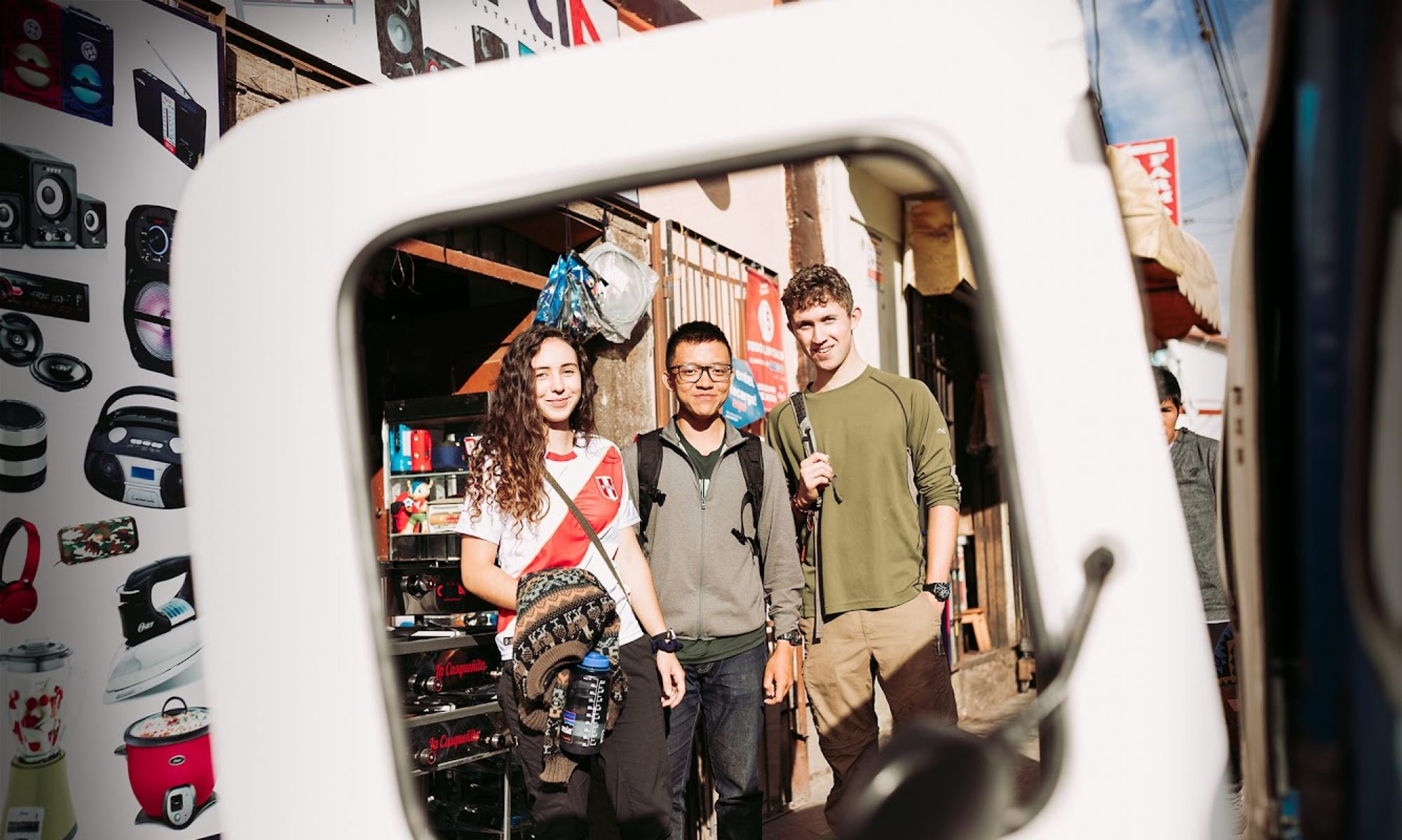By Kamil, Tufts 1+4 Participant

Journey. What does that word mean anyway? A voyage thousands of miles away from home? Hundreds of hard won steps towards an ultimate goal? A dozen chance encounters or a handful of impactful relationships? Maybe it’s a combination of all the above, or something else entirely.
One thing for sure, A journey marks change in our lives. The hero leaves their comfort zone, overcomes trial and tribulations, and brings back a hefty reward.
Our journey lasts 9 months, from conception to fruition. It’s one thing to imagine coming home altogether changed after growing as a person, and it’s another to take steps to ensure it happens day by day. All too often, people drift through life expecting to reach an end goal, and are often shocked at “where it all went wrong.”
Where does it all go wrong? Why does everything seem easier in hindsight? What fork in the road separates success from failure?
There are levels of knowledge and heroes. Plenty of things out there could enrich our lives if only we knew them. Some of us feel confident after managing to leverage small bits and pieces of information to our advantage. We grow complacent. Comfortably fixed in our ways, because they “work” in the now. We forget to analyze our actions and their implications on our futures. We not only slide off the path of success, we forget where the lines of it are drawn.
Through chance blessings or hard won efforts, some of us realize there is a never a point at which we know “enough.” Any master in a field understands there are lifetimes to dedicate in study of the infinitely complex world. However, an altogether common arrogance replaces this bittersweet pill of reality in favor of a more romantic fantasy.
Sometimes, the smallest of tasks proves itself the most complex.

In Cuencan meals, I’ve always been handed a spoon with a smile from my host mother. At a first glance, it’s all too normal. Soup is served with every meal. Yet few people bother to change to a fork once they transition to a more physically involved meal such as chicken and french fries. Innovation, human laziness, or simple reduction of redundancy in eating utensils? One thing for sure, the silverware trend does not stop there. A plate of corn popped in boiling water, and fried pork, are yet again served with spoons. Forks aren’t forbidden, in fact all too common in most households, yet they grow dusty with disuse.
Perhaps it’s pure utilitarianism mocking my American rituals.
Perhaps the people here subconsciously avoid such harsh and direct approaches to situations (such as violently puncturing and piercing in order to reach a goal, in favor of roundabout guiding).
Perhaps it itself is a ritual resulting from a culture that values soups (or is crafty and uses every scrap of food possible).
Perhaps we’ll never truly know the reason for sure.
This maddening development haunted my dreams and meals. Even silverware was not sacred across cultures. And yet, moments of clarity arose from my haze of a foreigner’s perception.
We often take for granted small things in our lives. For most, we do the things we do because we do them, without a clear reason. However we cannot arrive at a new destination if we follow the same old roads. Most good things are forged off the conventional path through intentional actions and exertions of willpower. Still, rarely do we exert such a careful (or tedious) attention to the minute details of our lives, our forks, until they are taken away.
This year abroad on the 1+4 program is a golden opportunity to recognize all of my founding influences and how they present themselves in everyday life, through a shocking immersion in a new culture that does not hold the same base assumptions as my community does.
Can we ever pinpoint and grasp a successful life if we cannot justify our “simplest” actions?

